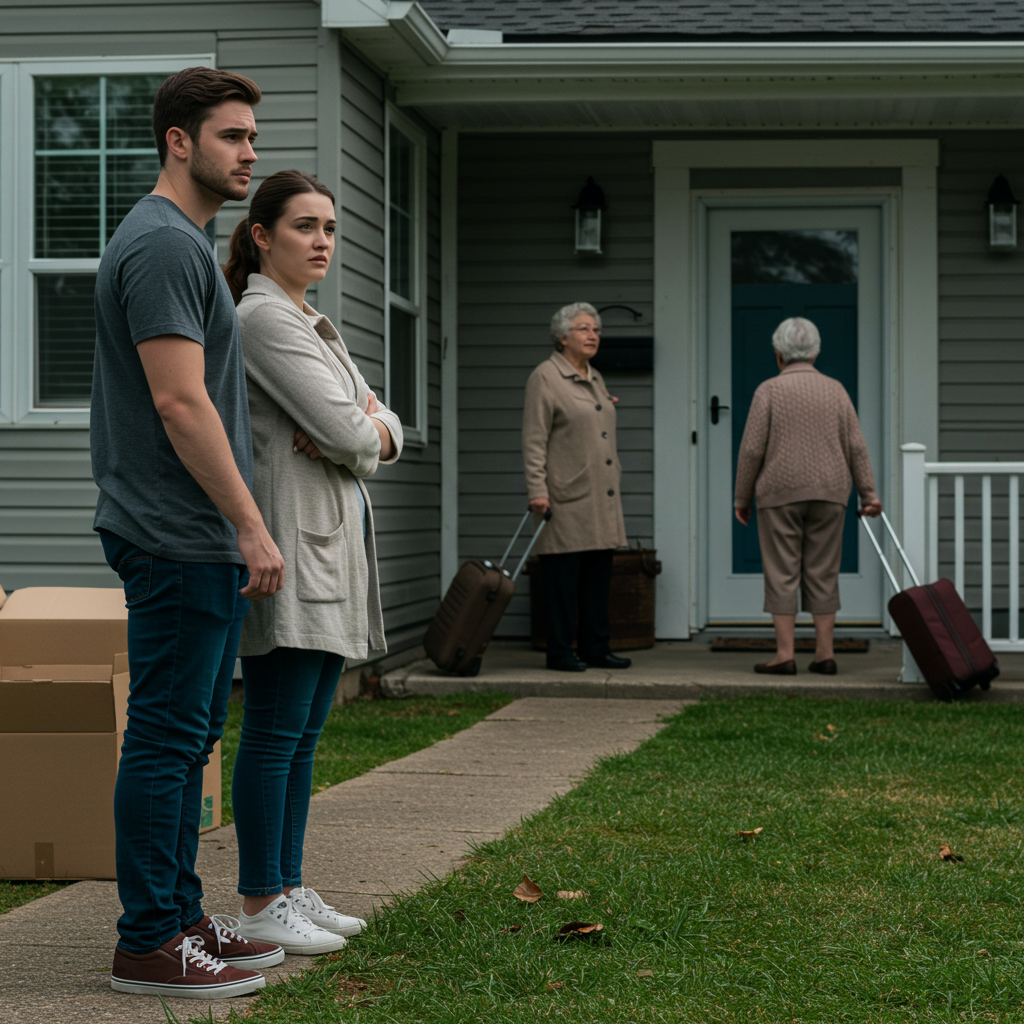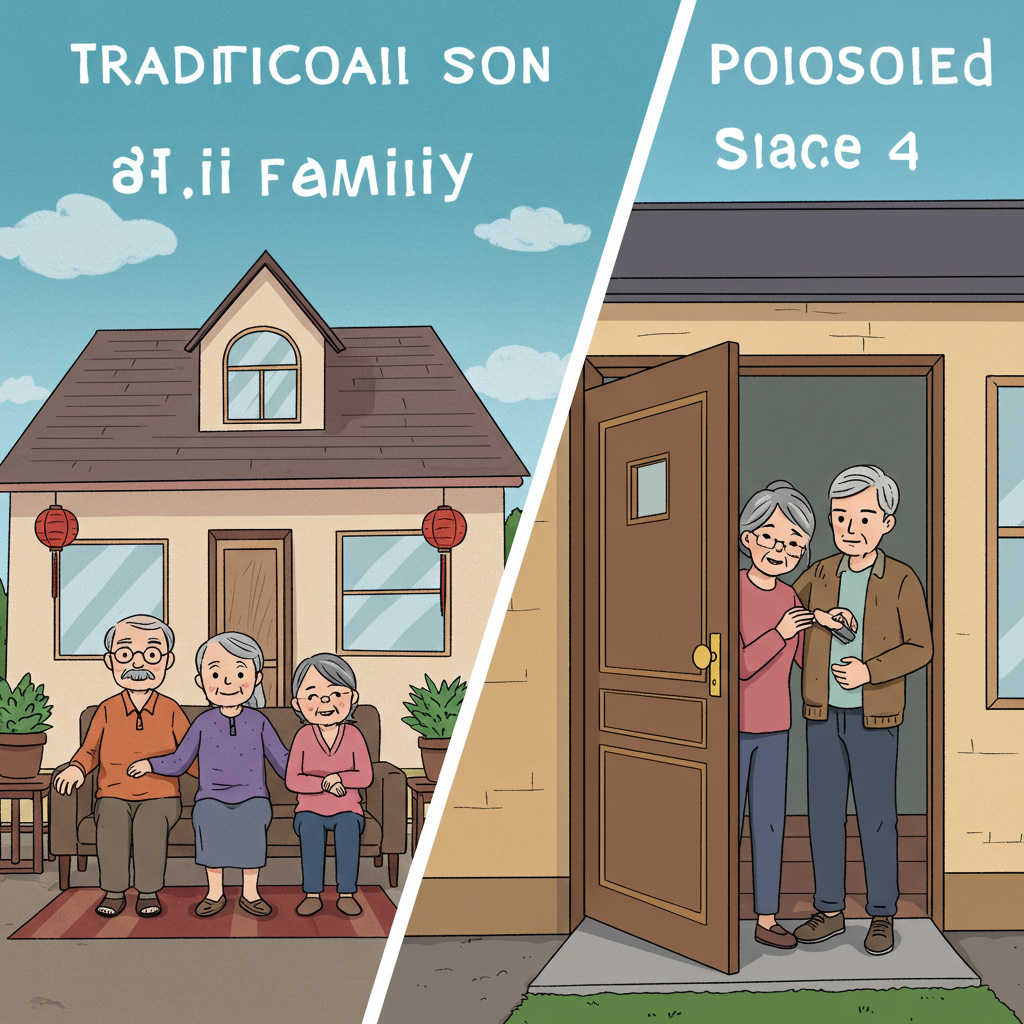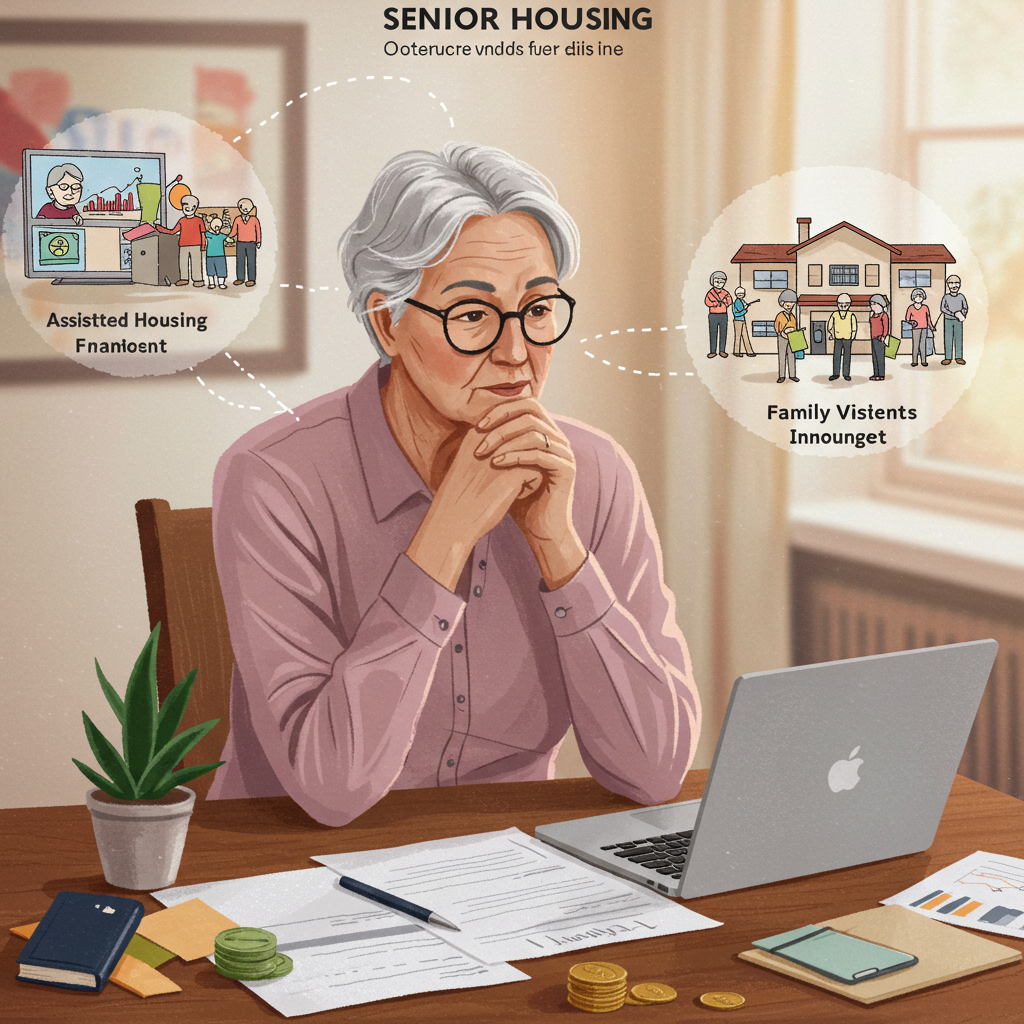AITAH for Not Letting My Parents Move Into My House After Retirement?
I recently came across a compelling post on the r/AITAH subreddit that sparked an emotional debate: Am I the problem for refusing to let my retired parents move into my home, even though they say they have nowhere else to go?
This scenario taps into powerful themes of family duty, personal boundaries, and the struggle to balance compassion with self-preservation. Let’s explore the situation and what it reveals about setting limits with loved ones.
The Background – When Family Needs Feel Overwhelming

The original poster (OP) explained that their parents are approaching retirement with limited savings. They sold their house to cover debts and assumed they’d live with OP rent-free.
However, OP and their spouse had just bought their first home. They worked for years to afford it and valued their privacy. The idea of sharing their space indefinitely caused them immense stress.
When OP gently said no, their parents were devastated. Accusations of selfishness quickly followed, alongside guilt-laden statements like “After everything we did for you.”
This sparked a heated Reddit discussion: Are you obligated to sacrifice your independence because your parents made poor financial choices?
Cultural Expectations vs. Personal Boundaries

The Invisible Weight of Family Obligation
Many cultures teach that caring for aging parents is a non-negotiable duty. Generations often live together, and children are expected to repay the sacrifices their parents made.
But in modern society, adult children are juggling skyrocketing living costs, mental health needs, and their own family responsibilities. What happens when these expectations collide with the reality of limited resources and emotional bandwidth?
Example:
One commenter shared how their in-laws moved in “temporarily” and stayed for years, creating constant tension and ultimately leading to divorce.
The Emotional Cost of Guilt

When parents frame your “no” as betrayal, it often triggers:
-
Anxiety that you’re a bad child
-
Guilt that undermines your confidence
-
Fear of family estrangement
-
Resentment that damages relationships long-term
This emotional toll is rarely acknowledged. In OP’s case, they felt trapped between preserving their marriage and meeting their parents’ expectations.
Are You Selfish or Protecting Your Home?

Setting boundaries doesn’t make you ungrateful or unloving. It means you are clear about what you can realistically give without sacrificing your well-being.
OP wasn’t refusing to help in every way. They offered to contribute to rent for a smaller apartment nearby and help with groceries. But their parents only wanted to live under the same roof.
This all-or-nothing mindset left OP with no middle ground. Many Reddit users emphasized that love can be expressed in ways other than giving up your safe space.
Alternative Ways to Support Aging Parents

If you’re in a similar situation, here are ways to help without inviting resentment:
-
Offer financial assistance if you can afford it
-
Research affordable senior housing options
-
Visit regularly and stay emotionally connected
-
Help manage healthcare or paperwork
-
Set clear timelines if cohabitation is truly necessary
These options allow you to show care while maintaining healthy boundaries.
The Verdict – AITAH for Saying No?

After thousands of comments, the consensus was overwhelming: No, you are not the problem.
While it’s heartbreaking to see parents struggle, it isn’t your sole responsibility to fix everything, especially if doing so damages your health or relationship.
As one commenter wisely said: “Parents should not expect their children to be their retirement plan.”
Key Takeaways

-
You can be compassionate without sacrificing your peace.
-
Guilt should never be the foundation of any big decision.
-
Boundaries are an act of love—for yourself and your family.
-
Supporting parents doesn’t always mean sharing your home.



